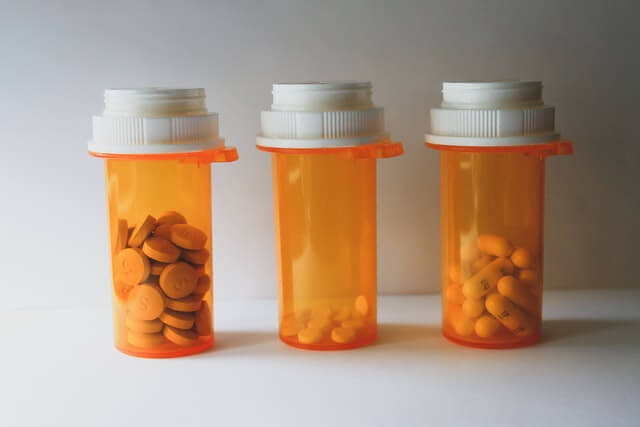Some careers have considerably higher rates of drug and alcohol abuse than others. Typically, these jobs are high-stress, and as men tend to misuse drugs more often than women, industries that hire a higher percentage of men also have a higher concentration of addicts.
The medical profession, despite being theoretically better equipped to understand the dangers of substance abuse than the general public, has its fair share of addicts. According to the American Nurses Association, one in ten nurses has a substance abuse disorder. Nurses work long hours and tend to be on their feet most of the day, which can lead to exhaustion and chronic pain. They also have the closest relationship with patients, often having to struggle with despair or grief.
Similarly, doctors sometimes turn to drugs, particularly easily-accessible prescription medications, as a result of stress. A 2010 study published in the Journal of the American Medical Association found that 17 percent of those who responded personally knew of an impaired or incompetent physician within the previous three years.
Medical professionals have easy access to prescription drugs and may obtain them for their own use. Typically, the reasons for abusing drugs are relief from the high-stress job, self-medication, particularly for nurses who are experiencing pain from being on their feet all day, or to improve work performance and alertness.
While many of the signs of substance abuse are the same for everyone, there are some specific things to look for if you suspect someone in the medical field has a problem:
- Taking frequent or long trips to the bathroom or to the stockroom where drugs are kept
- Excessive amounts of time spent near a drug supply
- Working a lot of overtime or being at work when they aren’t scheduled
- Poor recordkeeping or suspicious drug shortages
- Writing many prescriptions for large doses of opioids
- Insistence on personally administering injected narcotics to patients
- Complaints from patients and other staff
Medical professionals who abuse drugs or alcohol not only risk their own health but endanger their patients. The spread of disease is a risk; for example, one technician infected dozens of patients with hepatitis C by using the same needle to inject a patient with narcotics or other drugs as he used to inject himself. This drug-sharing scheme also means that patients aren’t getting all the medication that they need.
Sometimes drugs will be taken illegally not for personal use, but for profit. An investigation by USA TODAY examined more than 200 state and federal prosecutions completed between 2008 and 2014 for drug diversion by health care providers. Only 15 percent involved practitioners stealing drugs for personal use, and the majority involved doctors, nurses and others who diverted on a large scale for profit, often using prescription scams.
No matter your occupation, if you or a loved one need help to quit drugs or alcohol, consider Asana Recovery. We offer medical detox, along with both residential and outpatient programs, and you’ll be supervised by a highly trained staff of medical professionals, counselors, and therapists. Call us any time at (949) 438-4504.



